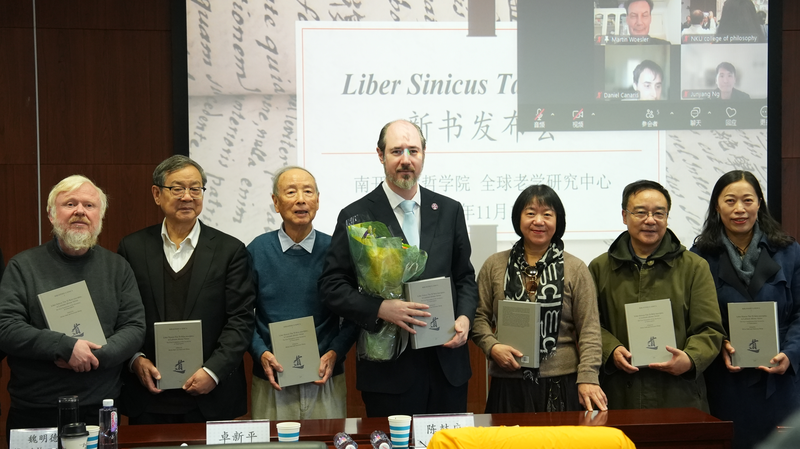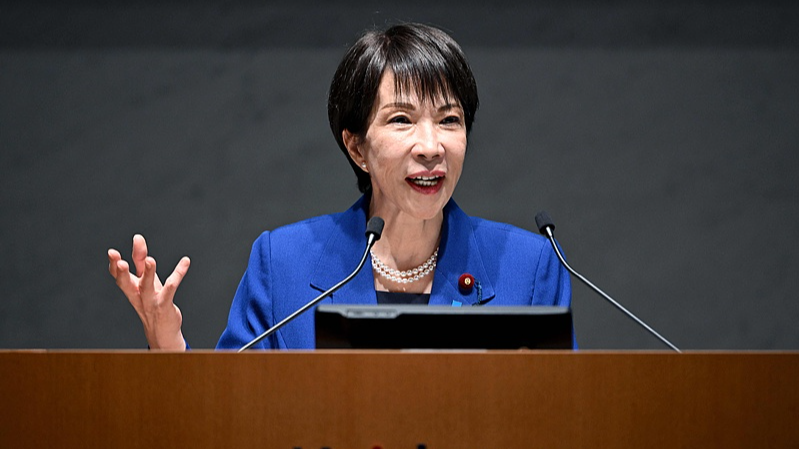On Tuesday, November 11, 2025, Nankai University hosted the launch of the earliest Latin transcription of the Tao Te Ching, unveiling "Liber Sinicus Táo Tě Kīm inscriptus, in Latinum idioma Versus: The First Translation of the Daodejing in Transcription."
Compiled by Misha Tadd, director of Nankai University's Global Laozegetics Research Center, and classicist Zhang Xiaoyuan, this volume revives an unpublished manuscript from the early 18th century created by Jesuit Figurists. They sought to bridge Eastern and Western thought by highlighting parallels between Laozi's teachings and Western philosophical and theological frameworks.
The Tao Te Ching (Daodejing) is a cornerstone of Taoism, one of the most important philosophical and spiritual traditions to originate in the Chinese mainland. With at least 2,052 translations across 97 languages, it ranks among the most translated works in world literature.
At the launch, scholars from the Chinese mainland and abroad praised the transcription's historical significance and academic value. By presenting the text as it was first rendered into Latin, the new edition offers fresh insights for global Laozi studies and invites interdisciplinary dialogue.
For entrepreneurs, students, and thought leaders, this publication opens new avenues for exploring the universality of ancient wisdom and the role of translation in cultural exchange. A digital edition with interactive features is planned later this year, along with a series of public seminars at Nankai University to bring Laozi's teachings to a 21st-century audience.
Reference(s):
cgtn.com


